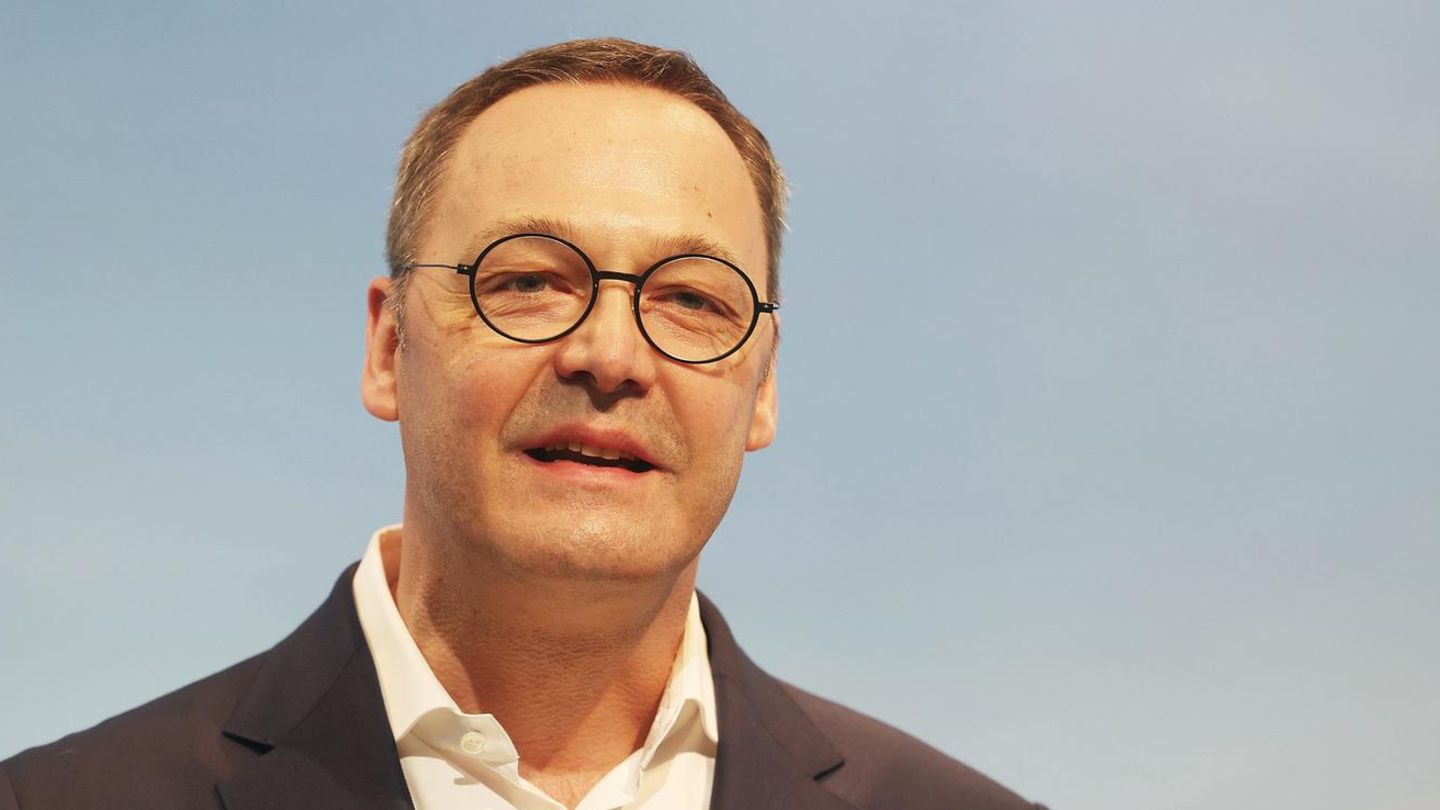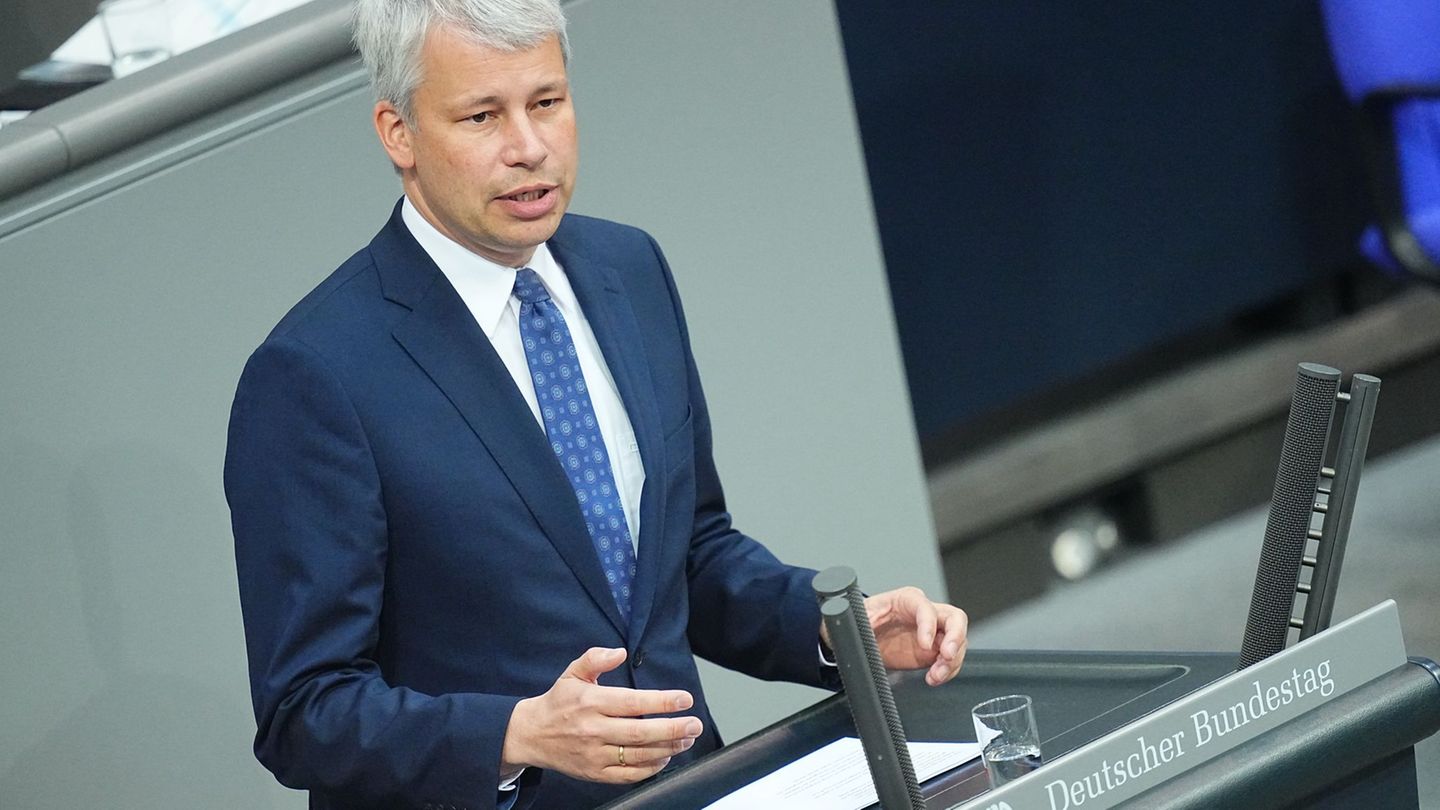Among them, the tripartite Bosnian Presidency – made up of a Bosnian Muslim, a Bosnian Serb and a Bosnian Croat -, the Bosnian Parliamentary Assembly, the legislative bodies of the Federation and the Presidency and Vice-Presidency of the Republika Srpska stand out.
The elections will take place amid the worst political crisis in the country since the end of the war in 1995.
Especially, due to the declared intention of the Bosnian Serb leader to promote a separatist process from the Republika Srpska and the failure of the negotiations to modify the electoral law, something defended by the Bosnian Croats but rejected by the Bosniaks.
The war in Bosnia ended in 1995 with the signing of the Dayton Accords, which established a Constitution that made up two autonomous entities and three constituent towns.
The situation led to a weakened central State that gave important powers to the entities and that ended up leading to political blockades due to disagreement between the different communities regarding decision-making.
Faced with this situation, in 1997 the Peace Implementation Council was created, headed by a High Representative in charge of supervising the materialization of the Dayton Agreements, something that some perceive as foreign interference in Bosnian political affairs because the position is not chosen directly. In fact, between 2011 and 2021 it stopped exercising its powers.
But in July 2021, Austrian Valentin Inzko, who was then in office, announced a law with sanctions for those who deny genocide, such as the 1995 Srebrenica massacres of Bosniaks, prompting criticism among Bosnian Serbs, whose community carried out the killings.
Inzko’s initiative led to a drastic rise in tensions and a political blockade by the Bosnian Serbs, who reactivated their efforts to try to secede from the Republika Srpska.
Added to this is the increase in differences between Bosniaks and Bosnian Croats following the proposal made by the current High Representative, Christian Schmidt, which includes changes to the Bosnian Constitution and electoral law, as well as a package of measures to fight electoral fraud .
The move met with a harsh response from Bosniak leaders, including the president of the Democratic Action Party, Bakit Izetbegovic, who directly alluded to the risk of a new civil war breaking out.
The differences in relation to the electoral law between Bosnians and Bosnian Croats also damaged governance in the Federation and at the national level, in the framework of a power struggle over the control of the country’s organizations, according to the Europa Press news agency.
In this context, the nationalist Croatian Democratic Union of Bosnia and Herzegovina (HDZ) came to point out in a thinly veiled way that it could refuse to collaborate with the authorities that come out of the polls.
The campaign has also been disrupted by the war in Ukraine and the Bosnian Serb leader, Milorad Dodik, was critical of Western countries and publicly backed Russia’s policies in the Balkans, where he has Serbia as his main ally.
Dodik thus stated that the conditions for a possible split “are being created” and added that “Europe is in more and more trouble.”
The elections will have few new faces on the ballot, as the main candidates are known to the Bosnian population, which also shows a low level of trust in the integrity and fairness of the country’s electoral processes and institutions, according to a survey by the Organization for Security and Cooperation in Europe (OSCE).
Source: Ambito
David William is a talented author who has made a name for himself in the world of writing. He is a professional author who writes on a wide range of topics, from general interest to opinion news. David is currently working as a writer at 24 hours worlds where he brings his unique perspective and in-depth research to his articles, making them both informative and engaging.




